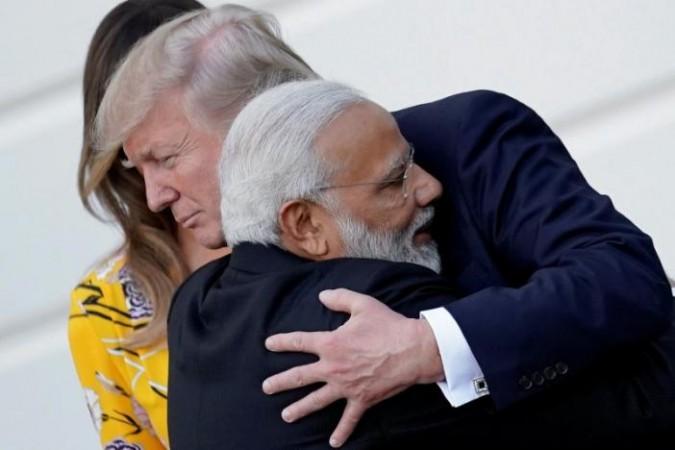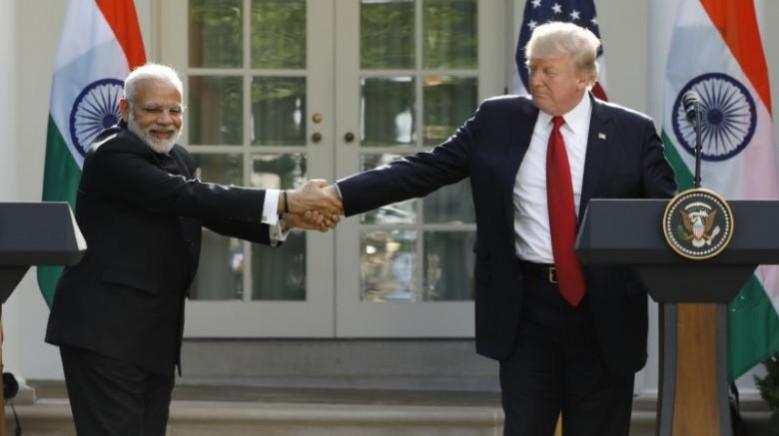The United States House of Representatives on Friday passed a $621.5 billion defence policy bill which proposes to advance defence cooperation with India. The House, however, voted for three legislative amendments to impose tougher conditions for reimbursement of defence funding to Pakistan.
The amendments make the defence budget allocation conditional to Pakistan showing satisfactory progress in the fight against terrorism.
The amendment for India's defence cooperation budget was moved by Indian-American Congressman Ami Bera, and was adopted by a voice vote by the House as part of the National Defence Authorisation Act (NDAA) 2018, beginning October 1 this year. NDAA-2018 was passed by the House 344-81, according to PTI reports.
The India-associated amendment requires the Secretary of Defence, in consultation with the US Secretary of State, to formulate a strategy for advancing defence cooperation between the United States and India.
"The United States is the world's oldest democracy and India is the world's largest democracy. It is vitally important to develop a strategy that advances defence cooperation between our two nations," Bera said.
"I am grateful this amendment passed and look forward to the Defence Department's strategy that addresses critical issues like common security challenges, the role of partners and allies, and areas for collaboration in science and technology," he said.

"Cooperation between the US and India enhances our own defence and our ability to meet the evolving security challenges of the 21st century," Bera added.
Reports state that after the passage of the NDAA, the Secretary of Defence and Secretary of State have 180 days to develop a strategy for advancing defence cooperation between the United States and India.
The NDAA is also required to be passed by the senate before it can be sent to the White House for the US President Donald Trump to sign it into law.

The previous NDAA-2017 had designated India as America's major defence partner, which has brought India on par with the closest partners of the US in terms of technology transfer and defence trade.
"... [As] we look at the global order, and when we look at the evolving security environment within Asia, India's rise and role [is] evolving, [and] we see the United States and India increasingly viewing the region in the same way, and our interests are very much aligned," Cara Abercrombie, Deputy Assistant Secretary of Defence for South and Southeast Asia on Thursday had said.








